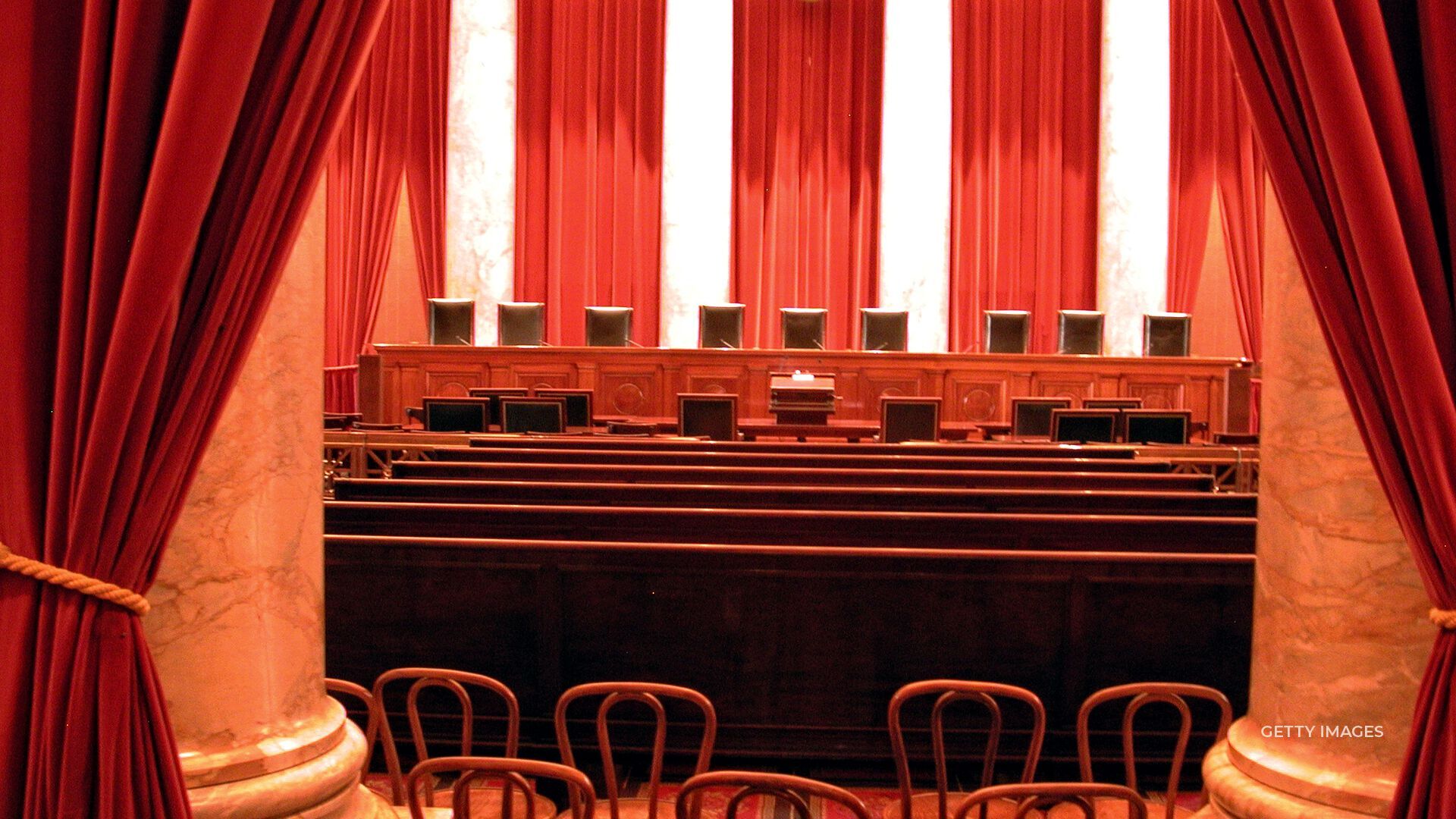
Roberts: We will hear arguments this morning in case 19-1392, Dobbs v. Jackson Women’s Health Organization
Right now, anyone who wants to listen to Supreme Court arguments live is limited to an audio stream.
Sotomayor: So when does the life of the woman and putting her life at risk enter the calculus?
But Senators Dick Durbin and Chuck Grassley are working together on a bipartisan basis to put cameras inside the court so the world can see it live.
It’s a venture Senators Grassley and Chuck Schumer began in December of 2000, when the lawmakers pushed the court to let the public see Bush v. Gore. In response, the Justices took the unprecedented step of releasing an audio recording after the arguments were heard.
Grassley: “The best way that we can ensure the federal government is accountable to the people is to create transparency, openness, and access.”
The newly reintroduced Cameras in the courtroom act would require the court’s open proceedings to be televised. If the bill passes it would be a massive change for the historically cloistered institution.
The live audio only began in May of 2020 as a response to the Coronavirus. But there’s bipartisan consensus that the people should be able to see what’s happening. As shown in this 2011 Senate hearing.
Amy Klobuchar: Transcripts and audio recordings just aren’t the same as actually watching judges question lawyers live, as actually seeing the exchange of ideas and the expressions of the participants.
Opponents say the court is supposed to remain politically neutral, and cameras may hurt that.
Jeff Sessions: “To the extent that cameras in the courtroom undermine the sense of objectivity. They cause the courts to be perceived more as a policy or political entity. “
The last time this bill was introduced it was approved by the committee but didn’t get any further. But Senators say there’s an ever increasing interest in the court, after cases like Dobbs and Bruen. Straight from DC, I’m Ray Bogan.






